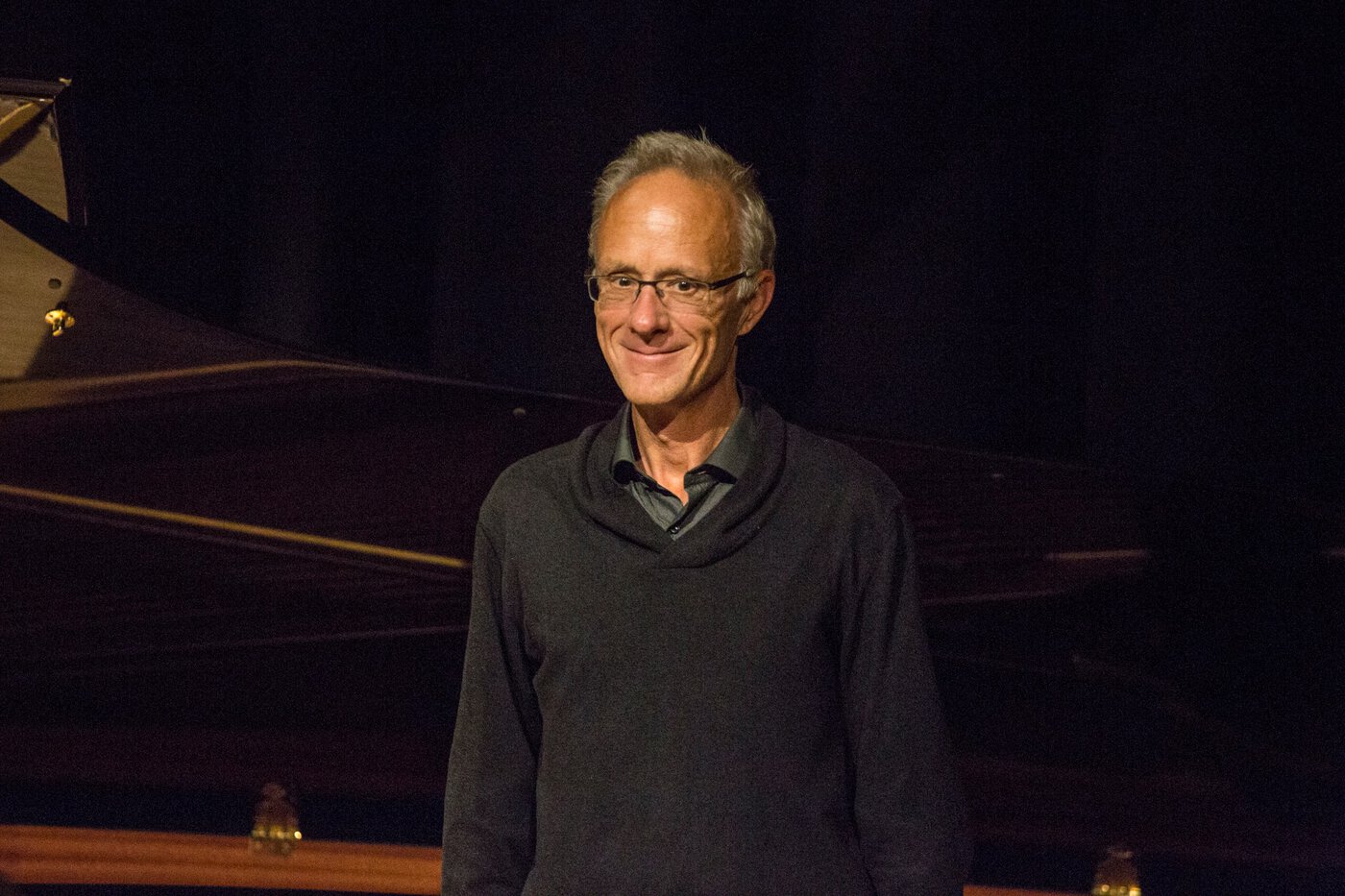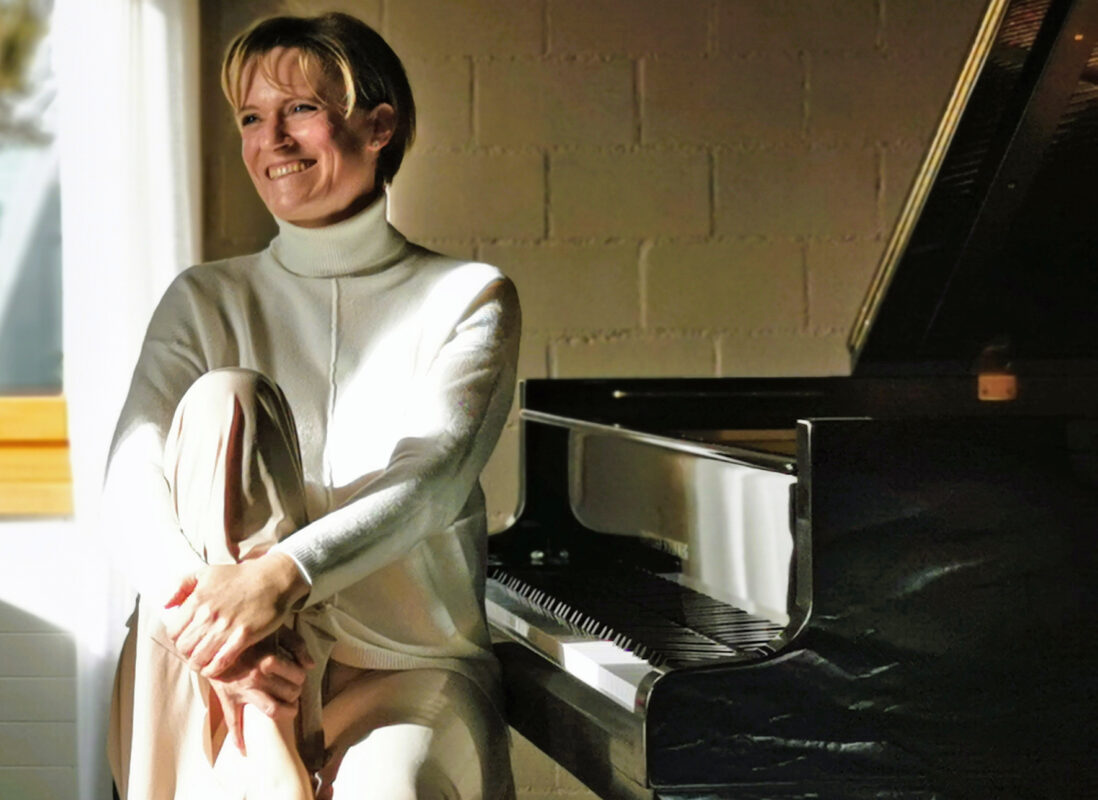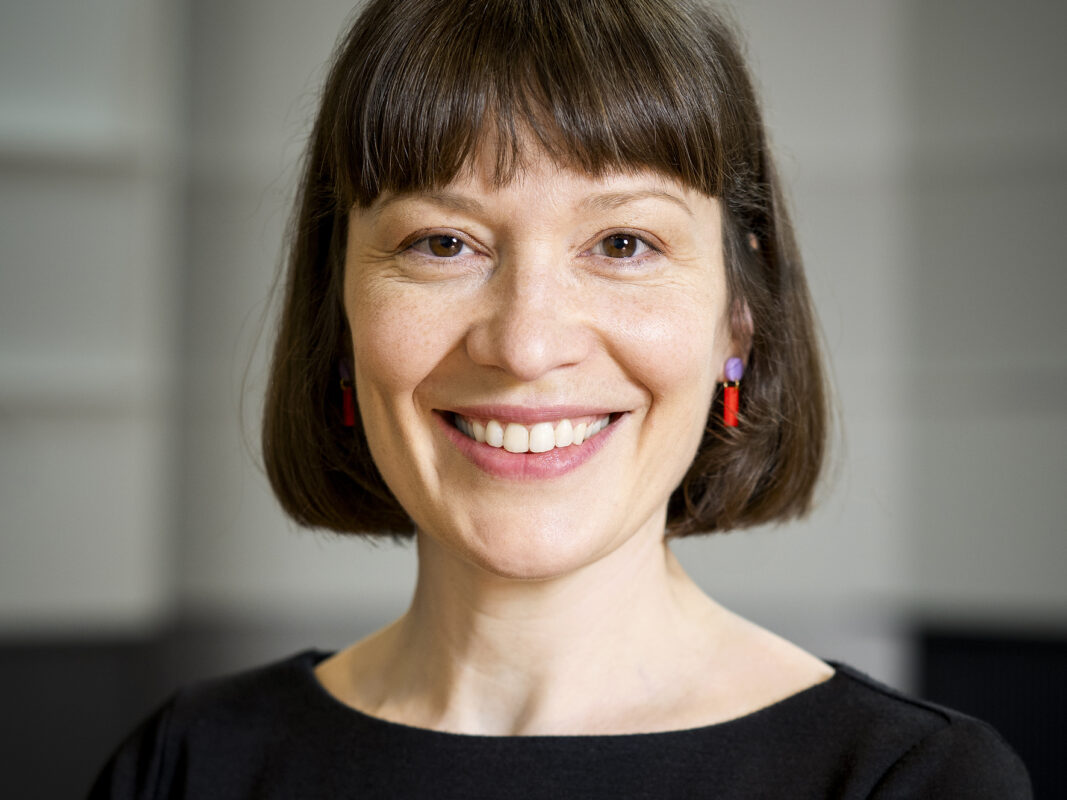Jürg Frey: Playing with silence
The Swiss composer and clarinettist Jürg Frey was born in 1953 in Aarau, where he lives today. He studied under Thomas Friedli at the Conservatoire de Musique de Genève and then worked as a clarinet teacher and composer. Almost from the beginning, Jürg Frey was part of the Wandelweiser group, which was founded in 1992 by Antoine Beuger and Burkhard Schlothauer and which, alongside like-minded composers, also includes a sheet music and recording publishing house. Frey has conducted workshops at the Berlin University of the Arts, the University of Dortmund, Northwestern University and the California Institute of the Arts, among others. In Aarau, he organized the concert series Moments Musicaux Aarau as a forum for contemporary music. This interview was conducted at the Huddersfield Contemporary Music Festival in November 2015.

In 1973, when you were twenty, what music did you listen to back then?
Jürg Frey: I started out with free jazz and then moved on to contemporary music. Classical music was also there, but on the fringes. My studies were then classical. I really liked the saxophonist John Surman, especially as I was playing a lot of saxophone myself at the time.
Did the English scene appeal to you more than the American one?
I have the feeling that this was indeed the case. Sure - Christian Wolff, an American, but above all Cornelius Cardew, an Englishman. But of course I heard a lot of things. Also Stockhausen, Boulez, Nono. But there are always things that you hear and things that electrify you. And that was Cardew, the Scratch Orchestra and Christian Wolff. I was also very interested in the album that the rock band Deep Purple recorded with an orchestra. I remember thinking it was incredible. I listened to it again two years ago. It wasn't as interesting musically. But socially it was certainly an interesting experiment.
What went through your mind during yesterday's performance of the two quartets at St. Paul's Hall?
I have been working with the Quatuor Bozzini ensemble for a long time. Isabelle Bozzini, the cellist, told me yesterday that the first performance of the two pieces took place in 2001. Since then we have always been in contact. It was certainly one of the best performances I have experienced of the two pieces, very concentrated. The other thing was that a hall like that, with so many people, was unusual for me. It was a nice experience to see that it is possible for a whole auditorium to stay concentrated for so long. It was good to experience that the music can carry a hall for a whole hour. On the one hand, this depends on the interpretation, but it can also be attributed to the piece. The piece can do that.
Can you describe the process of composing?
I start with a cloud where nothing is clear at all. I just write things down. The process of writing is important, just writing, I love that. Sometimes there are things that aren't even in the piece I want to create. It's not like I say to myself: this comes at the beginning, this in the middle, this at the end. I work a lot with sketchbooks, I write and draw by hand. So I fly upwards in the cloud until I see that certain things solidify in certain places, that there might be something there. That's the moment when you go down two floors in the house and sit down at the piano. Of course, you already know what it will sound like. But the contact with the making of the sound is important. And it's actually also good to have some movement in between. It's like when the cloud condenses into material.
Like writing poetry. One sentence comes to mind, then another, then another, suddenly you see an atmospheric connection and push the sentences together.
Exactly. You can imagine it like this. Some things are intuitive decisions, but there are also very rational decisions.
That sounds quite playful. Does chance play an important role?
It may sound a bit playful when you say it like that. But it's not a game. I don't work with chance like Cage did. You ask certain questions and then look for answers.
Can you describe how you discovered silence?
Even my very first pieces from the 70s are very quiet. There was not one discovery in that sense. There are colleagues who started out making heavy music and then suddenly went quiet. For me, it was already quiet at the beginning, but then there was an intensification to silence. That was at the beginning of the 90s. That also has to do with Wandelweiser. The group was just emerging at the time. That was the initial spark that brought these people together. It resulted in the radicalization of possibilities. You can be silent for ten minutes in a piece! Not in the sense of Cage, where you then hear everything else, but in the sense of a decision in the piece, where you ascribe silence to one block as you do sounds to another block. It's not a pause in that sense. It's like a statement. The piece is 30 minutes, but you have silence between the 12th and 22nd minute. I perceived it very architecturally.
For me, your music has an almost physical aura in the sense that it creates spaces that almost force thoughts to flow. You yourself often talk about architecture and space. Silence, like the inner courtyard of a building? The walkway?
That's exactly what I was thinking earlier but didn't say, and now you're saying it. I often have the image of a square, an inner courtyard. The important thing about the square is the place where the houses are not. This idea is in there - how the silence is influenced by what came before. You can't control anything in the reception of silence. One person thinks one thing, another thinks something completely different ... And then suddenly the music is back and - poof - concentration is back.
Does the preoccupation with silence and the absence of sound have a socio-critical component? Is it a conscious attempt to fight against the chaos of today's information overload?
That's a bit of a side effect. It's not my motivation. I don't want to say: so much noise all around, we at least need a calming influence in the music. That's not what interests me. I also don't have the feeling that I'm creating a kind of counter-world. Chaos and noise inside has nothing to do with the fact that it's noisy outside. It would also restrict me too much. Sometimes I have had the thought that the very reduced nature of my work was perhaps a reaction to the economy in the 90s, to the accumulation of money and to the excessive "bigger, louder, higher". But that wasn't a conscious thought process either.
With the repetitions, the slow changes that create such tension in your music, it seems to have a lot in common with the work of certain electronic musicians. Do you listen to anything like that, Aphex Twin for example?
I have to say, no. Brian Eno, yes. I know him, of course. When he came into my field of vision in the 80s, I was still looking for him myself. But it's not like I follow the scene closely.
What does Composer in Residence in Huddersfield mean for you specifically?
I was allowed to be here for the whole festival. I was able to decide what of my music would be played. I was able to send a wish list, and many of the wishes have been fulfilled, with the people I wanted to do it with. In the morning I lead a master class on composition with a few students. I was able to set up the installations. Overall, it gave me the opportunity to put together the essence of my work from the last ten years and give it a focus. It's a real privilege.
What criteria did you use to select the installation locations?
A month ago, I came here for two days and looked at a dozen locations together with the sound engineer. A number of rooms were eliminated because they were too loud. At the time, I was able to decide which rooms we wanted to use. For example, the museum for the Landscape with words for three loudspeakers, sounds and individual words. For me, it's a text piece on the one hand, and a bit of a still life on the other - grapes, chickens, dried fruit and now it's just words: stone. Black water. Another installation was set up in the Byron Arcade. An old building, three floors around an inner courtyard with all kinds of small stores and a café. Small whistles and beeps can be heard there, like the sounds of birds. It's more like a composition. A spatial story. The individual beeps are distributed throughout the room like dabs of light. Acoustic light.
How did you meet the Wandelweiser people back then?
I was one of the first. The friendship that existed before that was with Antoine Beuger. We met at the Künstlerhaus Boswil in Switzerland, where there was a composition seminar in 1991 called "Silent Music". It wasn't actually silent music, but from then on we had contact. Then he started with the Wandelweiser idea. I joined in 1993, it was a completely natural process.
Did you previously work in isolation in a quiet little room?
That's right, yes.
Frustrated?
No, not frustrated at all. I had the idea at the time that that's just the way it is for a composer. I didn't have many performances, but that didn't bother me at all. It was an image I had formed from reading about artists. I thought it was normal to work and nobody was interested. That has now changed.
How often does the Wandelweiser group meet?
More often in the first ten years than today. It was incredibly exciting back then, suddenly you realized that there were a few other people who also thought they were the only ones doing such radically quiet things. So it became primarily an artistic discussion group. That's actually still the most interesting thing about it. Writing a play, performing it together and discussing it. We always came together in Austria for a week. Everyone brought one or two scores with them. On Monday morning, we all sat around the table and unwrapped things like presents. And we looked at what possibilities there were for bringing it all together within a week and making something of it. These discussions were unique for me. The joy of the super pieces you had in front of you and it was great that others were interested in your things. We did that for ten or twelve years. Another example. There was no fixed seating at a concert and we could put the chairs wherever we wanted. This resulted in a four-hour discussion of principles, which was actually a discussion about composing. Now we are 20 years older. The essential artistic questions have been clarified. At 60, it's no longer so urgent. From that point of view, it's a normal development. There are always a few changes in membership. One of the difficulties when you get older is the danger of becoming encrusted. Now something nice is happening with Wandelweiser, it's called Wandelweiser and so on. A new generation. Simon Reynell, for example, runs the record label Another Timbre for freely improvised music. He noticed that Wandelweiser music is also played by the improvising scene. He scoured our catalog for pieces that this scene could play and has made recordings, six CDs so far.
What are your plans after Huddersfield?
I'm going to compose. When it's my turn again, I'll do it every day for three or four hours. The time is simply set aside for it, regardless of whether I'm actually putting characters on the page or reading a bit or doing something else. It's a period of time that I always give myself, where everything is dedicated to composing. That is very important. It's a simple strategy that works.
Is there a concrete new project?
A choral piece is to be completed. It will be premiered in London on April 2. Exaudi is the name of the choir, with eight solo voices.
The latest CDs from Jürg Frey
Quatuor Bozzini, Lee Ferguson, Christian Smith: Jürg Frey - string quartet no.3 unhörbare zeit (Edition Wandelweiser)
Philip Thomas, piano: Jürg Frey - Circles and Landscapes (Another Timbre).
www.wandelweiser.de
www.anothertimbre.com/index.html
Addendum July 18, 2023
In 2022, Jürg Frey received a Swiss Music Prize








